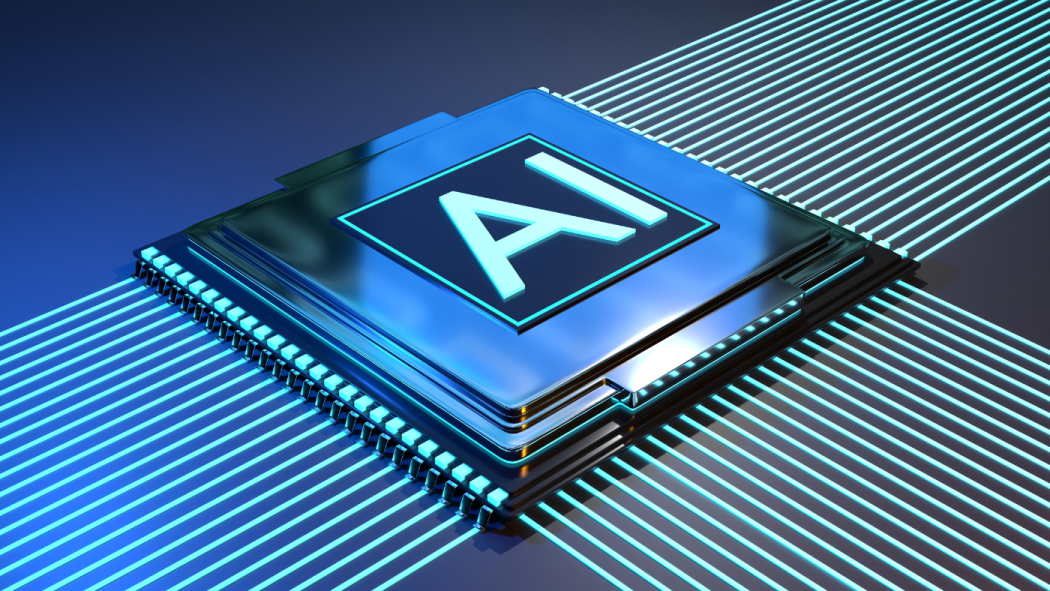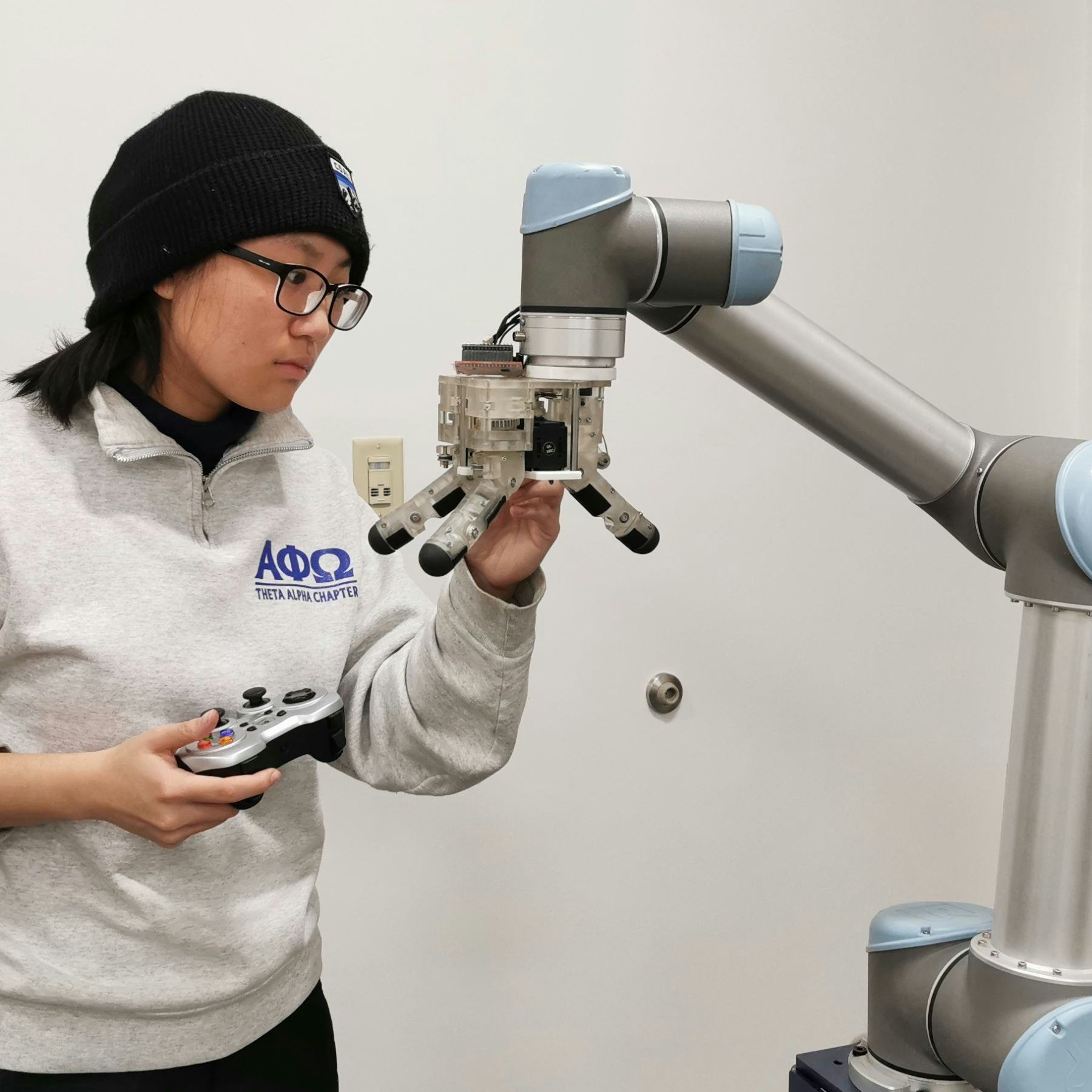
Discover Stevens: Robotics, Cybersecurity and Cyber-Physical Systems
FEATURED ARTICLE:

HELPING AUTONOMOUS BOATS MAKE SMARTER DECISIONS
Through a $1.9 million grant from the Office of Naval Research, Mechanical Engineering Professor and Stevens Institute for Artificial Intelligence Director Brendan Englot is leading a groundbreaking project to improve the autonomy of unmanned surface vehicles.
RELATED RESEARCH CENTERS AND FACILITIES
At Stevens, we embrace technology as a central part of our research, academics, culture, and campus. Our tech-driven research enterprise is home to these cross-disciplinary centers and state-of-the-art facilities focused on research related to smart infra-structure, robotics, cybersecurity and other cyber-physical systems.

Stevens Institute for Artificial Intelligence
The Stevens Institute for Artificial Intelligence (SIAI) is an interdisciplinary, tech-driven collaboration of engineering, business, systems and design experts working toward solving pressing global problems in industry and the world. The center is composed of more than 100 faculty members from all academic units at Stevens (engineering, business, systems and arts & music) researching a variety of cross-disciplinary applications in AI and machine learning.

Center for Innovative Computing and Networked Systems
The Center for Innovative Computing and Networked Systems (iCNS) advances science and technologies through interdisciplinary and high-impact research, providing a vibrant platform for collaboration across diverse areas within Stevens Institute of Technology and beyond.

Research Computing Services
Stevens Institute of Technology provides advanced computing infrastructure and services for sponsored or departmental research with large-scale computing needs to all faculty members and interdisciplinary research groups within the School of Engineering and Science.
Autonomous Blue ROV
Stevens Institute of Artificial Intellligence Director Brendan Englot discusses his research on developing AI-powered autonomous navigation systems for underwater robots.
RELATED PROGRAMS
The educational experience in all of our more than 150 graduate programs is designed to imbue graduates with the mindset, skills, and abilities needed to stay relevant in a rapidly evolving technological and professional landscape. The following programs prepare graduates for fields that develop and apply the latest technologies in cybersecurity and cyber-physical systems—including intelligent infrastructure, autonomous systems, secure digital environments, and the design of smart, connected cities.

ROBOTIC HANDS TO ENABLE REMOTE FACTORY WORK
Assistant Professor Long Wang's NSF-funded project leverages artificial intelligence to expand the capabilities of manufacturers by developing cost-effective infrastructure for operating manual manufacturing equipment remotely
STEVENS IS HIRING
Join a growing research community where scholars, leaders, students, and partners meet, join forces, share ideas, and pursue progress. The Charles V. Schaefer, Jr. School of Engineering and Science offers a complete STEM package: engineering and science under one roof means new, unique opportunities for interdisciplinary collaboration.
More Research Highlights
The new research center at Stevens is positioned to help shape the future of electrical and computer engineering technologies.
